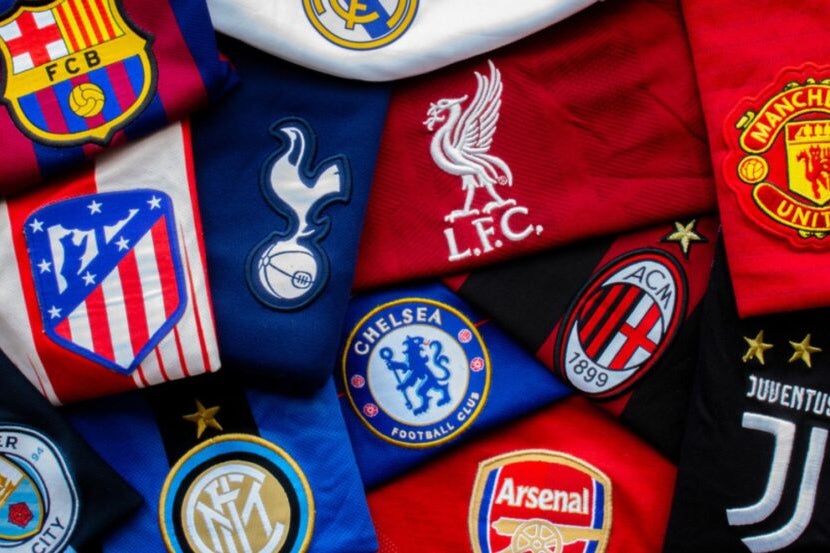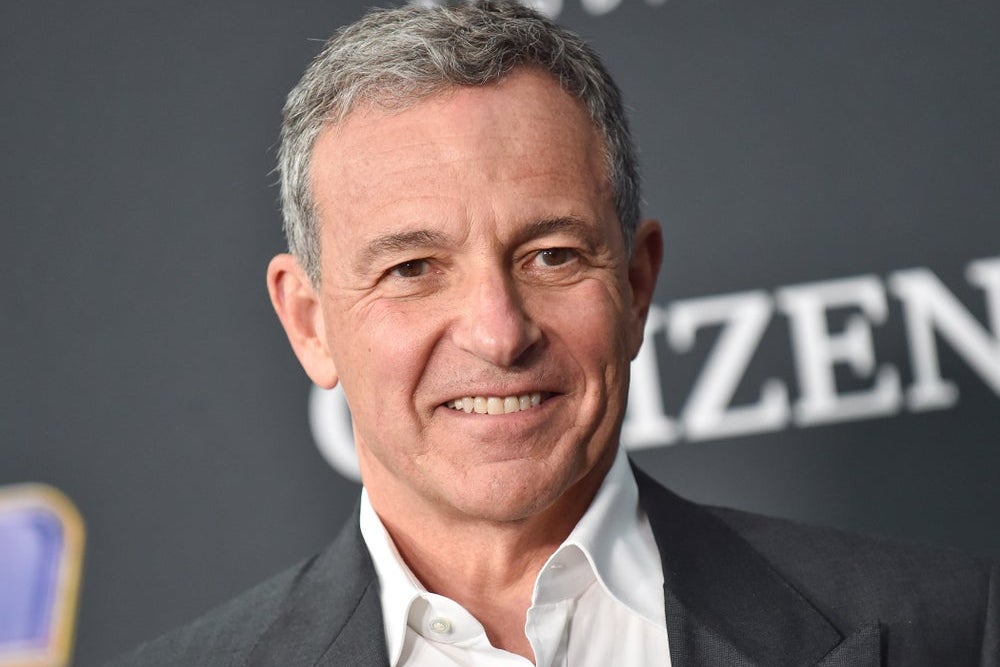On Friday, London stocks barely managed a gain, as Rio Tinto led the mining sector lower and Burberry led the decline, despite sales rebounding to levels not seen since the COVID-19 pandemic. Against a backdrop of uneven global markets, the FTSE 100 index UKX, -0.23 percent barely climbed 0.5 percent to 7,014.43. For the week, the index has declined 1.5 percent.
Rio Tinto RIO, -4.22 percent RIO, -4.22 percent RIO, -4.22 percent RIO, -4.22 percent RIO, -4.22 percent RIO, -4.22 percent RIO, -4.22 percent RIO, -4.22 percent RIO, -4.22 percent RIO, -4.22 percent RIO, -4.22 percent RIO, -4.22 percent RIO, -4.22 percent RIO, -4. Following above-average rainfall, operational shutdowns, and COVID-19-fueled workforce shortages, the company expects annual shipments to be at the low end of an earlier estimate. Anglo American AAL, -3.38 percent, Glencore GLEN, -3.80 percent, GLNCY, -4.09 percent, and BHP Group BHP, -2.31 percent, BHP, -1.78 percent also saw their stocks fall. Burberry BRBY, -5.58 percent, was the day’s biggest loser, falling over 4% after the luxury goods maker reported a 26 percent increase in full-price comparable sales for the 13 weeks ended June 26 compared to the same period a year ago, helped by a 90 percent increase in retail comparable-store sales versus last year in a recovery from the pandemic. Sales were boosted by newer, younger clients, according to the company, but analysts were concerned about a number of issues, including Chief Executive Officer Marco Gobbetti’s departure at the end of the year, which will be a “big obstacle waiting to trip up the company on this catwalk of recovery,” according to analysts. In a note to clients, Susannah Streeter, senior investment and markets analyst at Hargreaves Lansdown, said, “He has been perceived as Burberry’s turnaround czar, and investors are questioning the company’s capacity to continue driving through the strategic turnaround without him in the front row.” AB Bernstein analysts Luca Solca and Maria Meita expect “historic growth results in the coming days” from the luxury goods industry, which will have an easy quarterly comparison because to the COVID-19 pandemic. “Whether this will be enough to change share prices is a different story: luxury goods stocks have soared in anticipation of these great earnings in the first half of this year,” the pair added. Another heavyweight decliner was AstraZeneca AZN, -0.46 percent AZN, -0.90 percent, which announced that the FDA’s Cardiovascular and Renal Drugs Advisory Committee had voted against the approval of a new drug application for roxadustat, which is used to treat anemia caused by chronic kidney disease. The index’s second-largest heavily weighted component decreased 1.4 percent in value. According to UBS analyst Michael Leuchten, roxadustat is expected to generate $600 million in revenue in the United States, or 2% of group sales. “We don’t expect these revenues to be more profitable than the group average due to the collaboration with FibroGen. In a note to customers, he stated that if the product is not approved in the United States, the impact will be minimal./n
Read More




